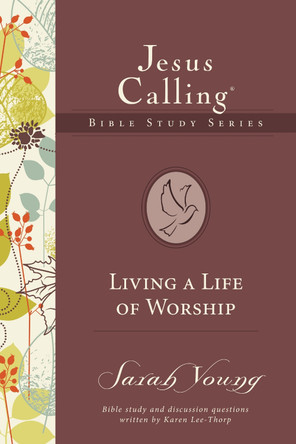Young Criminal Lives is the first cradle-to-grave study of the experiences of some of the thousands of delinquent, difficult and destitute children passing through the early English juvenile reformatory system. The book breaks new ground in crime research, speaking to pressing present-day concerns around child poverty and youth justice, and resonating with a powerful public fascination for family history. Using innovative digital methods to unlock the Victorian life course, the authors have reconstructed the lives, families and neighbourhoods of 500 children living within, or at the margins of, the early English juvenile reformatory system. Four hundred of them were sent to reformatory and industrial schools in the north west of England from courts around the UK over a fifty-year period from the 1860s onwards. Young Criminal Lives is based on one of the most comprehensive sets of official and personal data ever assembled for a historical study of this kind. For the first time, these children can be followed on their journey in and out of reform and then though their adulthood and old age. The book centres on institutions celebrated in this period for their pioneering new approaches to child welfare and others that were investigated for cruelty and scandal. Both were typical of the new kind of state-certified provision offered, from the 1850s on, to children who had committed criminal acts, or who were considered 'vulnerable' to predation, poverty and the 'inheritance' of criminal dispositions. The notion that interventions can and must be evaluated in order to determine 'what works' now dominates public policy. But how did Victorian and Edwardian policy-makers and practitioners deal with this question? By what criteria, and on the basis of what kinds of evidence, did they judge their own successes and failures? Young Criminal Lives ends with a critical review of the historical rise of evidence-based policy-making within criminal justice. It will appeal to scholars and students of crime and penal policy, criminologists, sociologists, and social policy researchers and practitioners in youth justice and child protection.
About the AuthorProfessor Barry Godfrey is Vice President of Xi'an Jiaotong Liverpool University and Pro Vice Chancellor of Liverpool University. He has published fourteen books on crime history, life-course offending, and longitudinal studies of sentencing. He is currently leading the AHRC funded 'Digital Panopticon', and collaborates on projects in Australia, China, and Canada. Professor Pamela Cox teaches and research across social history, social policy, socio-legal studies and criminology. Widely published, Pamela now leads an interdisciplinary evaluation of pioneering interventions working with birth mothers at risk of recurrent care proceedings; and works with local authorities to improve services for victims of crime. She is currently chair of the Social History Society. Dr Heather Shore is Reader in History at Leeds Beckett University. Her most recent book is London's Criminal Underworlds, c. 1720 - c. 1930: A Social and Cultural History. She is currently PI on the AHRC funded, 'Our Criminal Past: Our Criminal Ancestors', with Dr. Helen Johnston; and the BA/Leverhulme funded 'Borstal Lives' project. Dr Zoe Alker is a Lecturer in the Department of Sociology, Social Policy and Criminology at the University of Liverpool where she researches and teaches digital humanities and crime history. Zoe publishes in both criminological and history journals.
Book InformationISBN 9780198788492
Author Barry GodfreyFormat Hardback
Page Count 258
Imprint Oxford University PressPublisher Oxford University Press
Weight(grams) 450g
Dimensions(mm) 223mm * 146mm * 21mm








